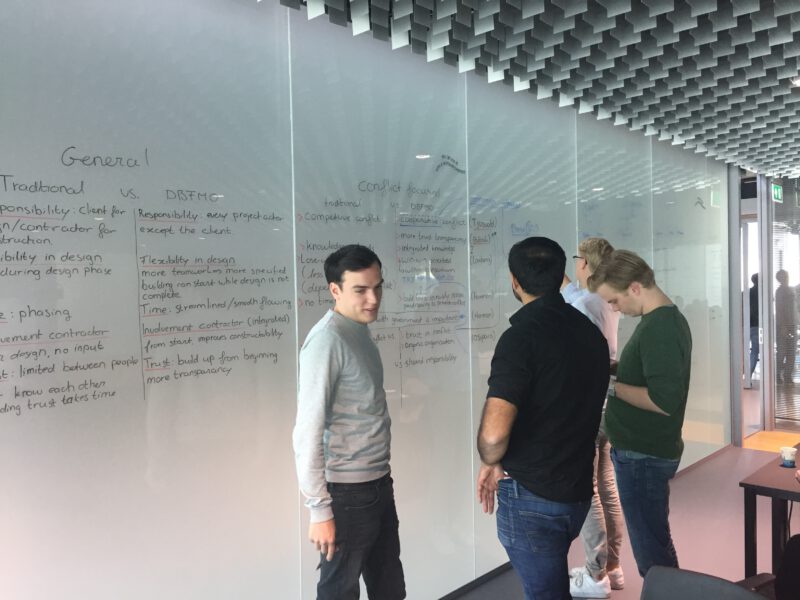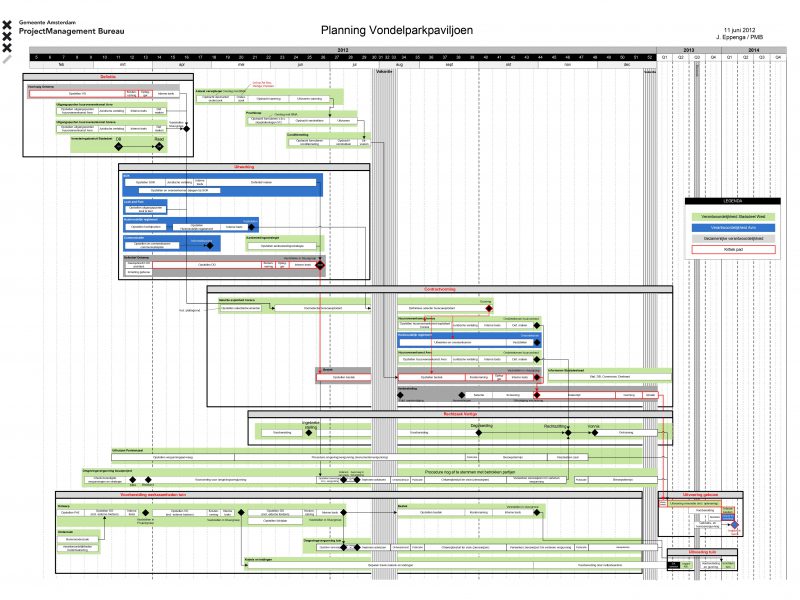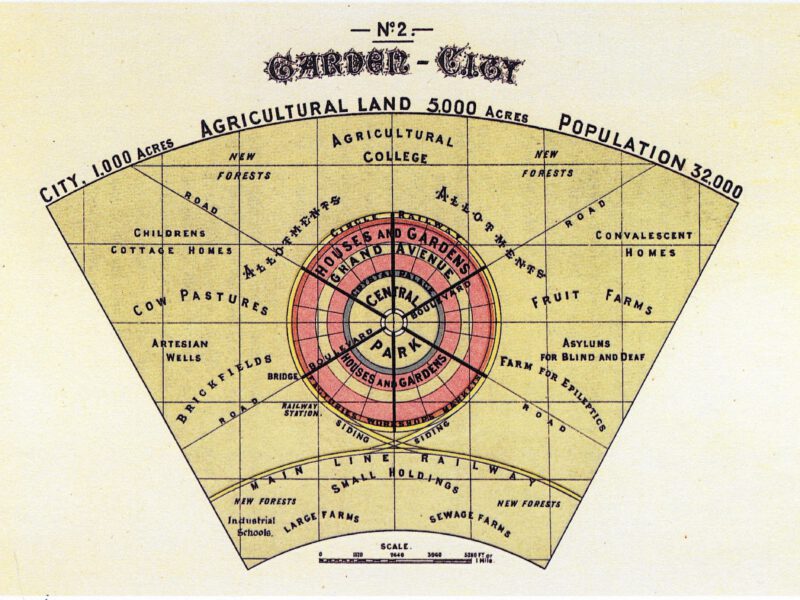During the leadership lectures a chart was presented about the difference between a leader and a manager. Briefly stated leadership is needed in situations of change, is about giving direction and inspiring people, while management is more about complexity, bringing order, making plans and monitoring progress.
This division feels, to me, a little arbitrary.
Firstly a manager is often called project-leader: the one leading the project. Leader is in the word itself.
Secondly the client, who is the person in charge, responsible for the main decisions, is not always (fully) involved. He or she has to run a business, like Sandra den Hamer, CEO of EYE film. She has no time to be there all the time, inspiring the project team or working in the design team etc. This work is often delegated to the manager and his/her team. Therefore a good manager has to understand what the client wants and needs to be able to sell the project to the team, the outsiders and often too to the employees of the client as well.
But; can the client be sure the manager does this in the right way?
Before I answer this question I first will explain another difference between a project manager and a leader.
Imagine that you want to start a business and you need people for your team. You, the leader (owner) will choose the people you want to work with. If your business is small, I bet you will choose your employees yourself, because you can pick the people you think are the most suitable. And if, after some time, you think an employee underperforms, you can fire him/her.
In temporary project organizations it is often the opposite. Managers are chosen by a client and they have to deal with the client?s employees to make for instance a program of requirement or a design. They cannot choose these people. Architects, advisors and contractors (called agents) are often selected after tendering. And often the price is more important and the quality of the people you are going to work with is a secondary criterion for selection.
In general, most of the team members of a project are not selected by the manager. He or she has to work with the people that come ?on their path?. And working with them is often temporally, for as long the project lasts. When the building is finished we say good bye. Maybe you meet again, often not.
With these temporally relationships comes the problem I mentioned above. Do we trust all the people we are working with? Do we know if the people are all suited for the task, even after careful selection? Are all recommendations you received trustworthy? How do you build cooperation in a temporally organization? Are we sure that all agents work with the same mutual intention, serving the client?
From the story of Sandra den Hamer we learned that this is not always the case. Architect?s sometimes pushes their ideas in favor of the design, and not in favor of the clients? functional needs. Contractors have a different goal: earning money, and therefore claiming additional work as much as possible. This is not always in the interest of the client who doesn?t want to run over budget.
In literature this is called the agent theory. (Morris 2010 chapter 12)
In the second week of the TuDelft DCM course, we will explain more about this aspect of project management. Trust is something that can?t be written down in a contract and it is not gained by force.
Gaining trust, mutual understanding, are aspects of what we call the soft site of management. In the second week of the course therefore we will discuss how we can, as the manager; deal with agents and the problems of trust.






